Work, Cities, and Offices in a World of Infinite Choice
First, a couple of updates: 1. Rethink with your ears: The audio version of Rethinking Real Estate [https://www.audible.com/pd/Rethinking-Real-Estate-Audiobook/B08VKNZ7SH] is now available on Audible. Get it here [https://www.audible.com/pd/Rethinking-Real-Estate-Audiobook/B08VKNZ7SH]. 2. Rethink in Korean: Later this week, the Korean-language version of
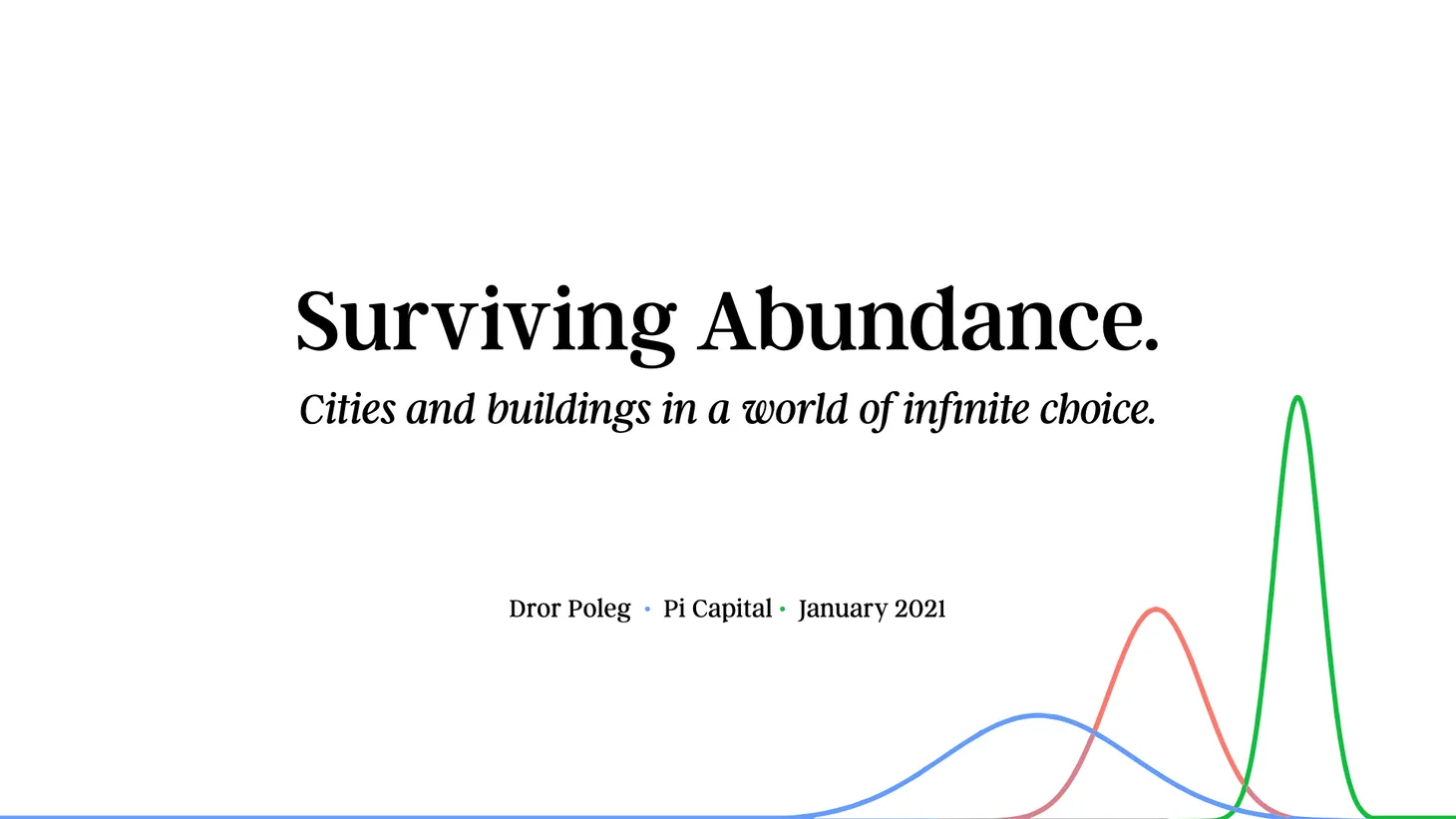
Bezos and Offline Day One
Offline in the 2020s is like online in the 1990s.
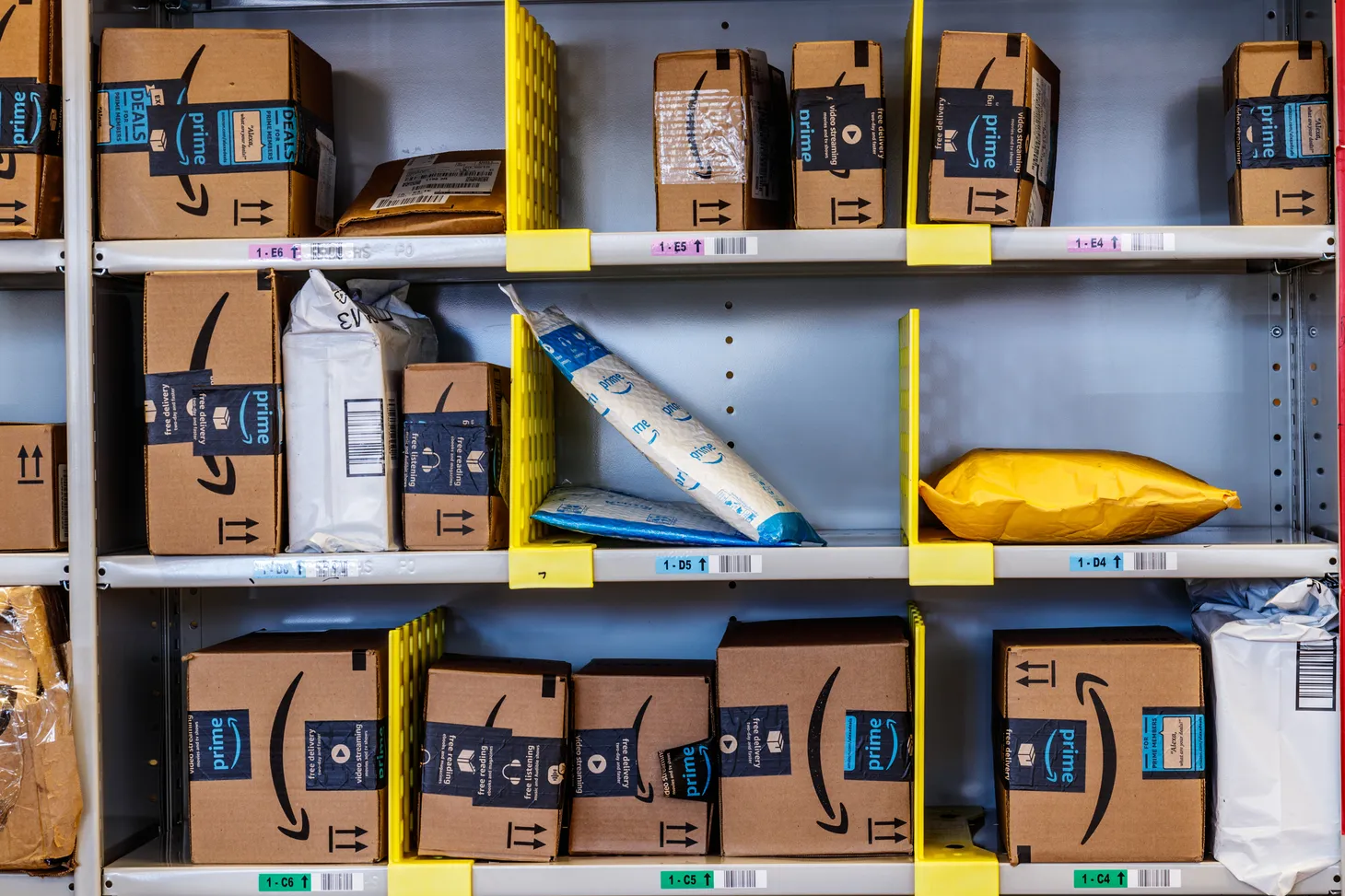
WeWork and Poetry
This week's newsletter is made of video and voice. Text will resume next week. I am sending this from my new website, which you are very welcome to visit and share: DrorPoleg.com [https://www.drorpoleg.com/]. WeWork in Public WeWork is rumored to be looking at going

The 2020s: A Decade of Passionate Intensity
2020 is over and things are finally going back to normal. Or not. A recording of my keynote at CBRE Ireland's Market Outlook [https://www.cbre.ie/en/research-and-reports/Ireland-Real-Estate-Market-Outlook-2021] event.
WeWork, Miami, and the Future of Cities
Immigration is a vexed issue. It was at the heart of some of the greatest political upheavals of the past few years. Within the field of economics, the debate around immigration tends to focus on the bottom line: Are destination countries better off by letting people in? To date, the

Canceling the Street
Online filter bubbles create offline filter bubbles.

Bitcoins and Buildings
Virtual currencies have a soothing message for physical assets.

The Office as a Choice
My latest piece [https://www.nytimes.com/2021/01/04/upshot/work-office-from-home.html] in The New York Times, available here: The Future of Offices When Workers Have a Choice [https://www.nytimes.com/2021/01/04/upshot/work-office-from-home.html]
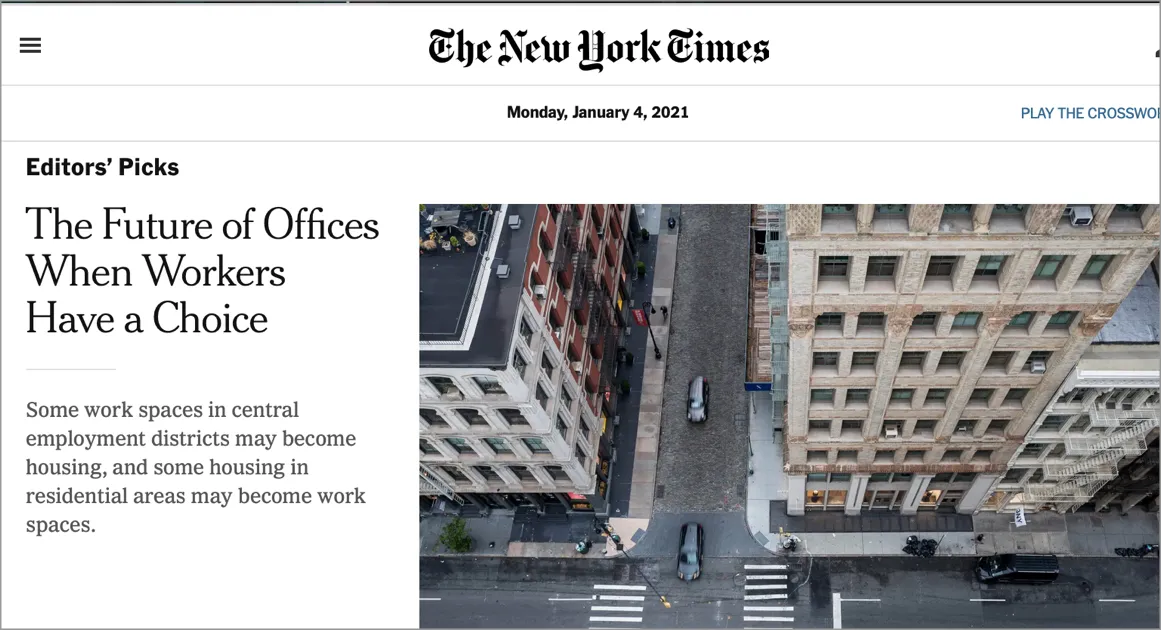
Cities & Buildings: 6 Things to Watch in 2021
In February, I was in London to launch my new book [https://rethinking.re/]. It was weeks before a pandemic overwhelmed the West. My keynote [https://rethinking.re/wp-content/uploads/2020/12/London-Book-Launch-Slides-compressed.pdf] at the launch focused on contagion of a different sort — a contagion of abundance. I contended
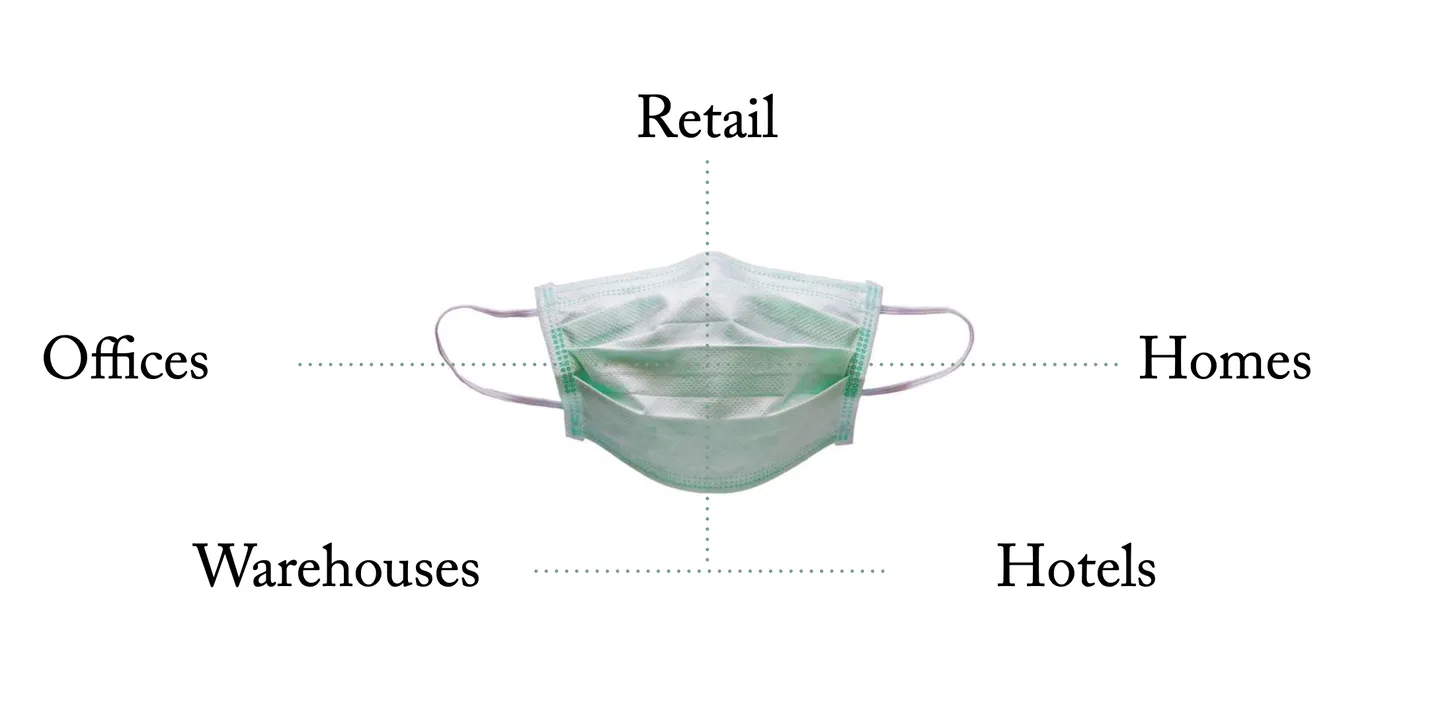
Slack and the Imaginary Economy.
The world's hottest workplace chat app is bad for business but good for society.
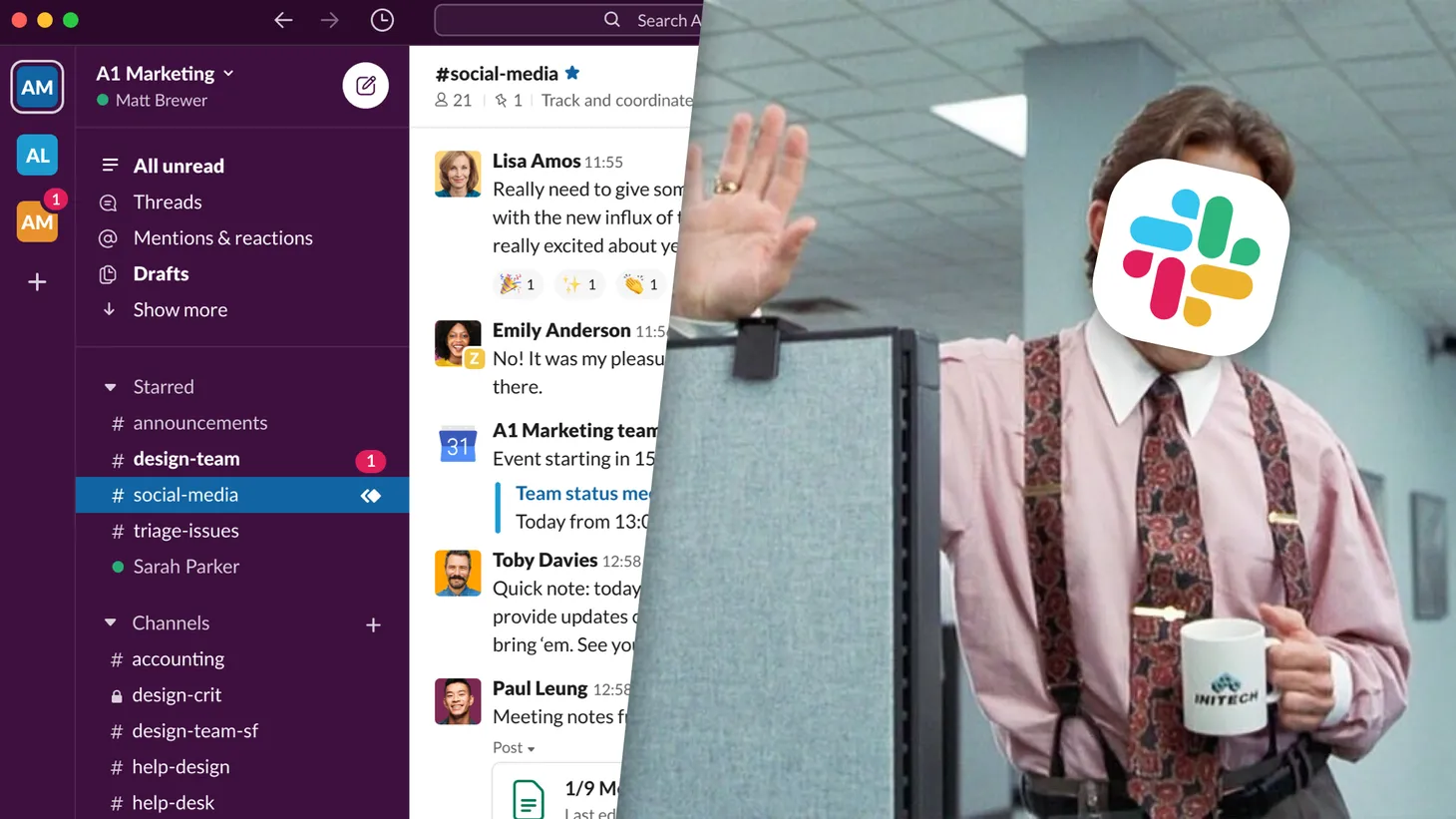
Airbnb in Context
It's not about travel, it's about housing.

On the internet, nobody's knows you're a god.
Remote work makes it easier for new types of employees to join the talent pool.

Rise of the Scalable Class
The "robber barons" of the 21st Century are the people who used to sit next to you at the office.

Stop and Continue
I am still working on the weekly article. It’ll be ready by Sunday, I hope. In the meantime, I’ll leave you with this photo from Incheon airport and this quote from Erich Fromm’s Art of Loving: > Modern man has exceedingly little self-discipline outside of the sphere
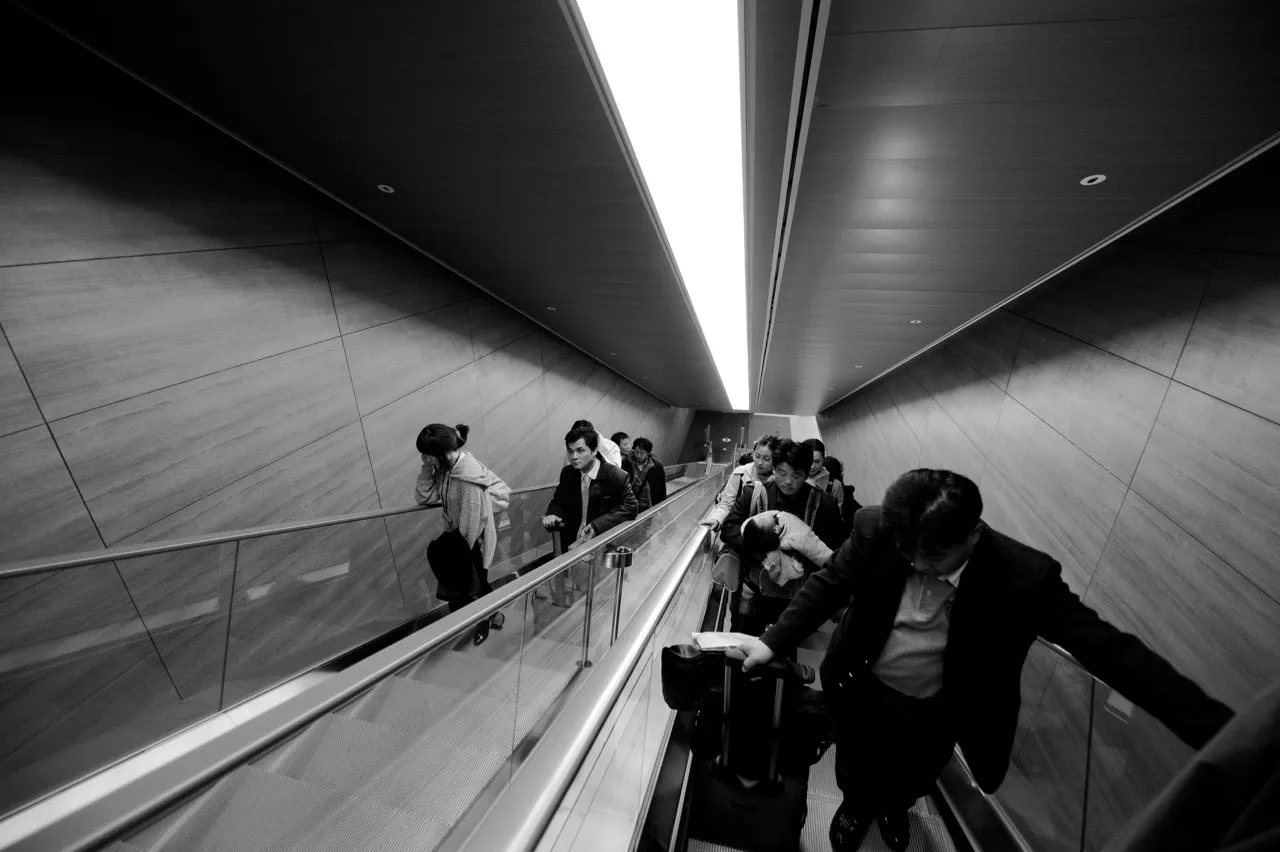
The TikTokization of Work
Initially, economic anxiety spares those who can work remotely. Then, it spares no one.
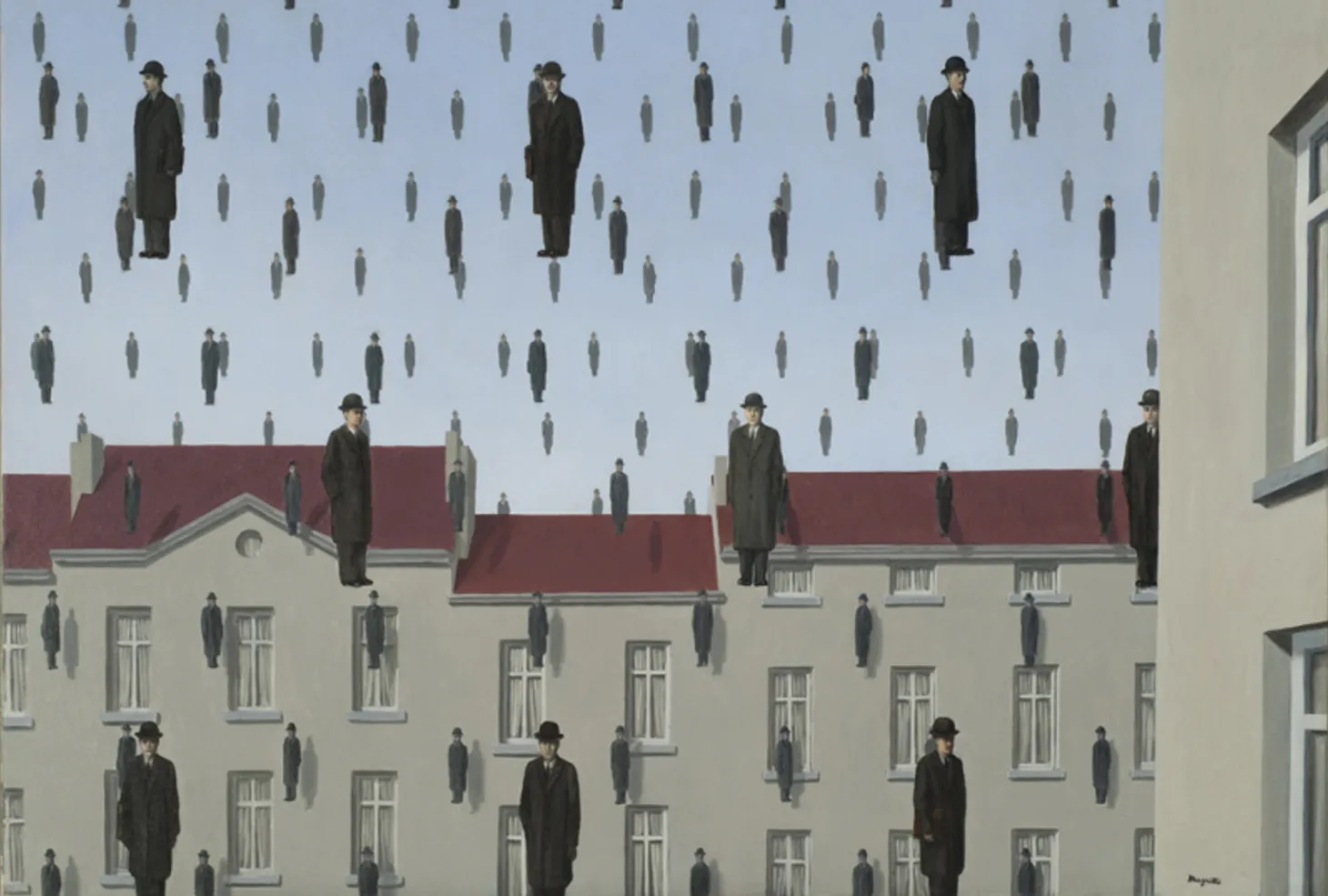
The Disconnected Office
My baby daughter taught me that sharing a space is the best way to ignore each other and produce great work.

Canceling the City
The balance between creativity and conformity is being disrupted, with dire consequences for cities. A hundred-year-old theory helps explain why.

The Future of Work is Medieval
Students of international relations have been concerned with the return of the Middle Ages for a while. Political scientists have observed the relative decline in the power of nation-states and the growing importance of supernational military and trade organizations. These organizations — the UN, WHO, WTO, NATO, even the EU — are

COVID? NYC's Real Problem is the Internet
The Big Apple has seen it all. But it hasn't seen this.

Can Cities Go Extinct? (Part 1)
The internet was supposed to make cities redundant. Its moment might finally be here.


